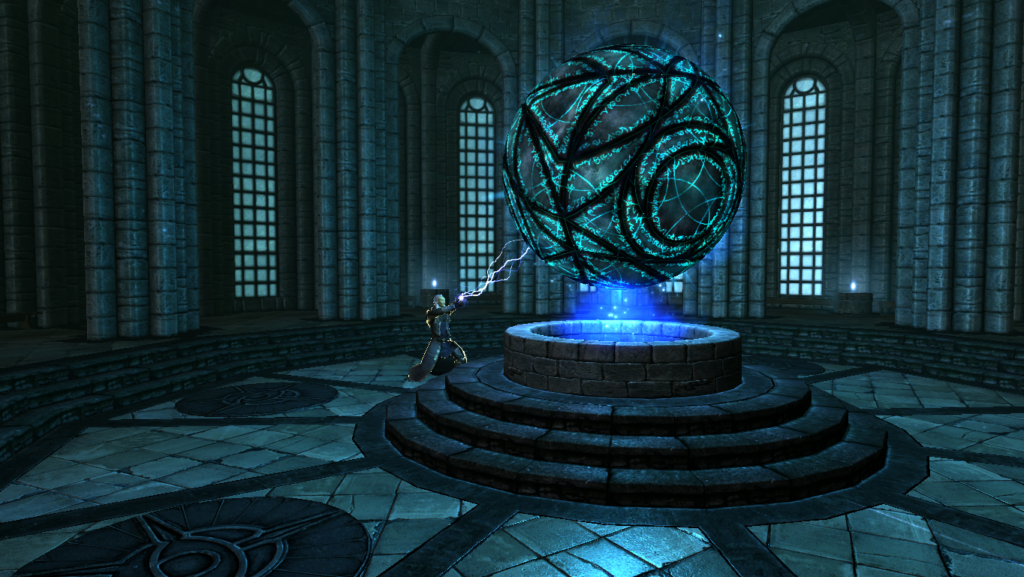#Pratchat84 – Eight Days an Opening
Liz and Ben delve deep into the archives and come back with some highlights from the collected Discworld Diaries from Terry Pratchett and Stephen Briggs’ The Ankh-Morpork Archives Volumes I (2019) and II (2020), plus Terry’s 2004 collaboration with Bernard Pearson, The Discworld Alamak.
Between 1998 and 2003, Discworld fans got an extra little treat: an in-universe diary themed around one of the Guilds or other major institutions of the Disc, full of new Discworld history and gags penned by Pratchett with the assistance of Stephen Briggs, and illustrations by Paul Kidby. In 2004, they got something a little different: a Roundworld version of the Celebrated Discworld Almanak, a publication famed for its wisdom, length and absorbency, co-authored by Pratchett and Bernard Pearson. After a brief break, two more diaries with new gags and Discworld lore appeared in 2007 and 2008, but any subsequent diaries or journals were just compilations of quotes and existing material. Like all diaries, these were smaller print runs and never reprinted, so for most fans these extra tidbits were lost to time.
But then, in 2019 and 2020, Stephen Briggs and Paul Kidby brought all that weirdness back in two new books: The Ankh-Morpork Archives Volume I, and Volume II, each collecting the original content from four of those diaries and presenting them in a coffee-table style larger format, with new layout, updated or new art, and all the charm of the originals.
Did you ever have one of the diaries? Did you write in it? What do you think of the new presentation of all these gags? Do the more unusual diaries have the same charm, or does it feel a bit like the best themes had already been used? And if you were to see new books based on any of this stuff, what would you want to see? Note your answer in your diary, then send it to us using the hashtag #Pratchat84.
Podcast: Play in new window | Download (Duration: 1:51:59 — 51.8MB)
You can find episode notes and errata on our web site.
Next month we knock off one of our few remaining Discworld novels: Sam Vimes’ detective’s holiday in the country, Snuff! Get your questions in via email (chat@pratchatpodcast.com), or social media using the hashtag #Pratchat86. (Our numbering got a bit messed up due to the delay of this episode, but trust us: the next one is 86!)
Want to help us get to the end of our six(ish) year mission and read every Pratchett book – and more? You can support us with a tip, or a subscription for as little as $2 a month, and that’s cuttin’ our own throats! See our Support Us page for details.

